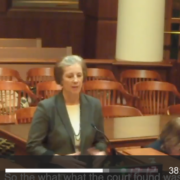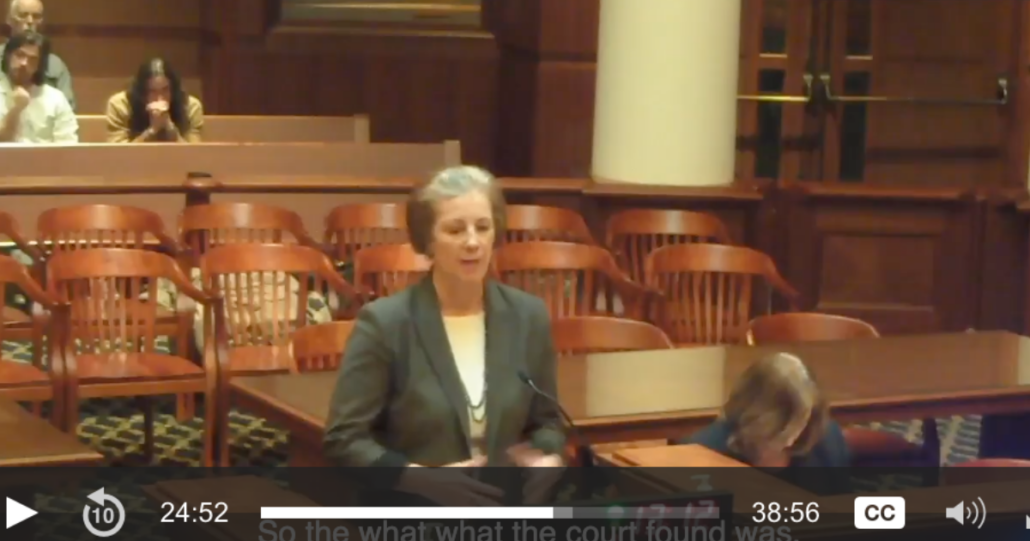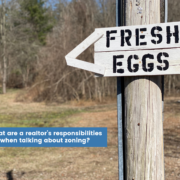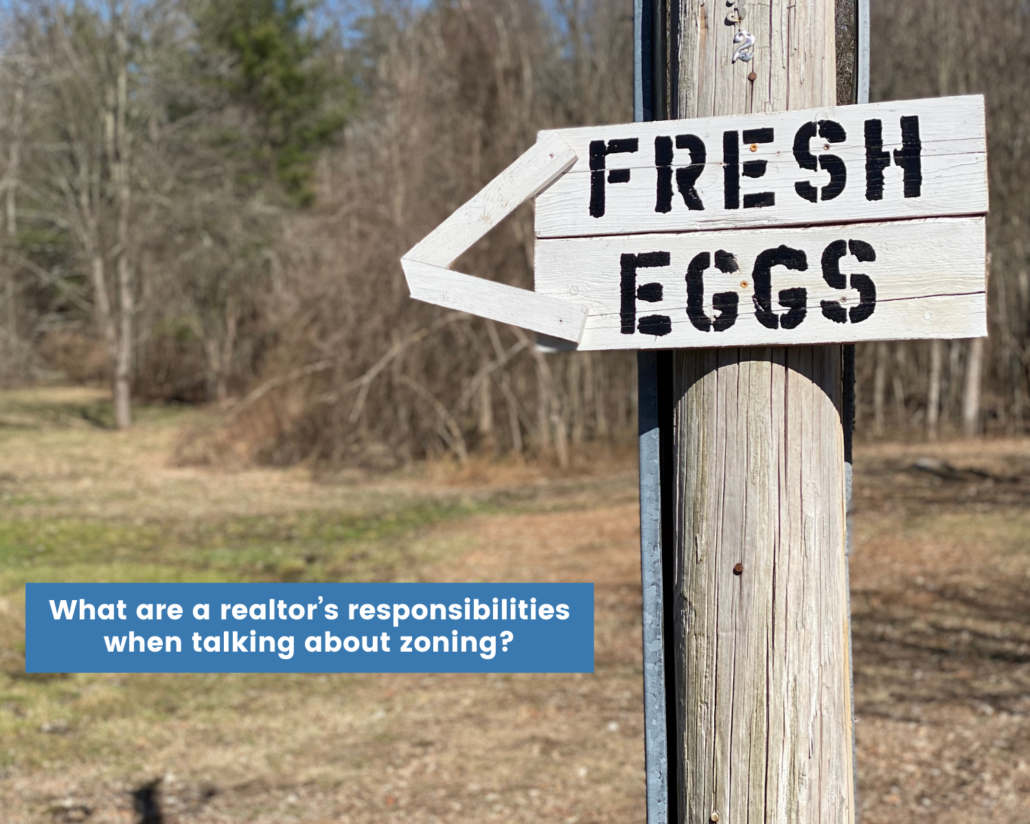When a Short-Term Rental is Not a Good Neighbor
Many Berkshire County towns have now passed zoning and general bylaws permitting short-term rentals. Most recently, short-term rentals have been approved in Alford, Becket, Sandisfield, North Adams, and Washington. There are certainly benefits to short-term rentals, both for homeowners and for towns; however, short-term rental use of homes is more in the nature of a hotel use than a residential use. When is a short-term rental not a good neighbor?
Responsible owners make sure that their renters are quiet, do not permit parking on the public way, do not permit pets to be loose outside, manage the trash generated by the rental, and otherwise consider the effect of the rental on neighbors and the town. Towns permitting short-term rentals have attempted to address the possible negative impacts in their bylaws.

Rise in Popularity of Short-Term Rentals in the Berkshires
With the rise in the popularity and, now, the legality of short-term rentals in many towns, the question arises as to the rights of neighbors and others who are impacted by a short-term rental in their neighborhood. The good news is that there are many ways to help balance the rights and responsibilities of short-term rental owners and neighbors.
The best initial step is for neighbors to try to have a constructive conversation with the short-term rental owner. Avoid conflict when possible: it reduces stress and minimizes expense, and is always worth the effort. Unfortunately, this approach is not always effective, and it becomes necessary to take the next step.
Check the By-Laws of Your Town
The first question is whether short-term rentals are even legal in the town. Short-term rentals are not considered under the law to be the same as a residential use of property; rather, it is a commercial use of property. There was and still is a misperception that it is permissible to offer any home as a short-term rental. In most cases, if a town has not adopted a short-term rental bylaw, the use is not permitted in the town.
The second question is whether the particular short-term rental operated in compliance with the local bylaw and state law. Each town that has adopted a short-term rental bylaw has different and very detailed rules governing that use. The practice has been treated casually in the past, but given the proliferation of such rentals, it is important to be informed about the applicable rules in the particular town.
A neighbor does have the right and ability to force compliance with the local rules through a zoning enforcement complaint with the town if the rules are being disregarded or abused. Zoning enforcement can be a complicated procedure, but it exists to permit persons who are harmed by zoning violations to protect the use and enjoyment of their homes.
Some problems, such as excessive but unregulated noise at all hours, may violate a homeowner’s private property rights. Again, a homeowner can enforce those rights if necessary.
The Best Result? Avoid Conflict
The best result is for conflict to be avoided by open communication. When that is impossible, there are avenues available to homeowners to address the problems.
Alexandra Glover is a founding partner of Lazan Glover & Puciloski, LLP, and is a civil litigator who handles zoning, permitting, and other land use matters at the town level and in the Land Court. www.lazanlaw.com.
This article was first ran in the Berkshire Edge, June 2023.
Disclaimer: The information contained herein is for informational purposes only. It does not constitute the rendering of legal or other professional advice or services. Your review of this post and/or use of the Lazan Glover & Puciloski, LLP website does not create an attorney-client or confidential relationship between you and Lazan Glover & Puciloski, LLP or any of its attorneys. Information provided herein or on the website should not be relied upon or used as a substitute for consultation with legal, accounting, tax, and/or other professional advisors. Since any electronic communication between you and Lazan Glover & Puciloski, LLP through this website will not be privileged or confidential, it may be disclosed to other persons and may not be secure. Accordingly, please do not send any e-mail to the Firm that contains confidential or sensitive information without first speaking with an attorney at Lazan Glover & Puciloski, LLP and receiving permission to do so.







